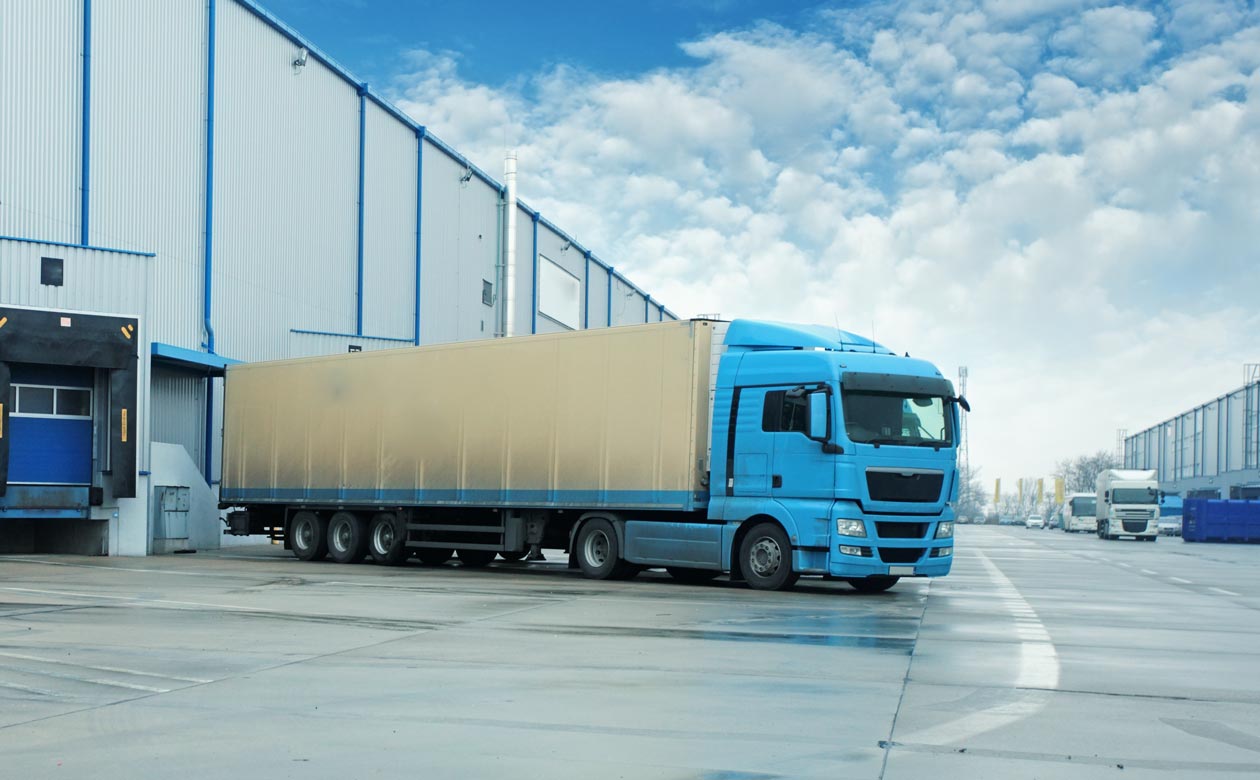Freight Consolidation
an opportunity in the procurement process

The purpose of freight consolidation is to take various shipping arrangements a business engages in and pull them into one system which is conducted by third party logistics companies.
Truck Load Shipments
The costs of a truck per mile are always the same regardless of what is being shipped. LTL shipments (less than a truck load) are a common incoterm (trade terms), offered by many trucking companies. But this shipping method increases the per unit cost of any item shipped. The idea of freight consolidation is that it uses the processes of third party logistics to ensure that only full truck loads go out. The so called TL shipping (truck load) saves on cost of loading the truck, reduces shipping cost per unit, and saves distribution costs from one end to the other end of the supply chain.
Dedicated Fleets
In order to consolidating freight systems, dedicated fleets are a necessary option. Those dedicated fleets provide businesses with trucks and trailers necessary to ship goods on a regular schedule. That means, a dedicated fleet provides the capital necessary to ship materials instead of investing internal capital in a trucking system. In addition to that, dedicated fleets provide their own dispatch system and trained drivers to economically and effectively ship freight in regular schedule.
Distribution Management
Most third party logistics providers have strong and close business relationships with retailers and wholesalers that they deliver to, enables businesses to use their logistics team to consolidate freight management. That advantage ensures the access to the entire supply chain. It might be thought that LTL shipping and other one-time shipping uses give businesses more control, in fact the lack of relationships is costly. Consolidation provides unique communication channels that results in the engagement of building relationships with distributors and customers alike.
Less Capital Costs
There are plenty capital costs that affect businesses when engaging in one-time-shipping uses or LTL shipping such as storage sites, transportation vehicles, and extensive inventory management facilities. Hence, business can save on time and budget by hiring full service logistics providers as they often have those assets available to help manage inventory along the supply chain. Furthermore, businesses are enabled to take advantage of third party logistics providers by not storing the finished products themselves, they send it to a place with experience, the capital, and the business systems to manage the products well.
Multi-Mode Transportation
There are many ways to ship goods along the supply chain whether it is road, rail, air, or sea, and most logistics providers have all options available. Of course a single trucking company may only focus on trucking, mostly their business relationship and warehouse locations are provided with multi-mode transportation in mind. Multi-mode transportation is the standard for modern business systems. Hence, a good logistics relationships provides businesses with greater access for those times that businesses have to ship a container overseas.
Reduced Risk
Errors may occur and anyone in transportation understands and mitigates that which is also the basis of risk management in shipping. There are methods that prevent potential errors. Dedicated shipping systems provide reduced risk through using the experience of a dedicated team to manage that risk. That team from truck mechanics to dispatch and the drivers is trained to locate and mitigate potential errors. Another way to reduce risk is to consolidate freight only shipping TL because there are less trips traveled. Of course shipping freight via one-time arrangements and LTL carriers are a good option when businesses are in need, but it is not a long term distribution strategy at all as the costs are too high. Those businesses that regularly deal with inventory should invest into logistics partnerships which enables benefits in time and energy. Hence, freight consolidation provides reduced risk, quality material handling, and complete distribution management.

